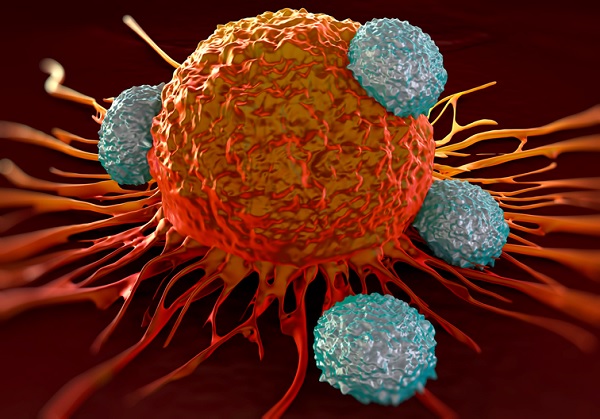Servier and Pfizer begin trials for off-the-shelf T-cell cancer therapy

It may seem that Servier and Pfizer are light years behind rivals Kite and Novartis in their bid to develop a CAR-T cancer immunotherapy, as a phase 1 study is just beginning.
But the companies, along with biotech Cellectis, hope that UCART19 could have a significant advantage over its rivals, if approved, as it won’t be based on cells harvested from patients’ own bodies.
Chimeric antigen receptor (CAR) T-cell therapies are based around T-cells that have been genetically engineered to recognise and attack cancers, which have developed the ability to hide from the body’s own immune defences.
UCART19, which has just been given clearance for clinical testing by the FDA in acute lymphoblastic leukaemia, is a frozen, off-the-shelf allogeneic therapy targeting CD-19-expressing blood cancers that can be mass-manufactured for all patients.
Servier is sponsoring the CALM phase 1 study, which started in the UK in August last year, after acquiring exclusive rights from Cellectis in 2015.
CALM is an open label, dose-escalation study designed to evaluate safety, tolerability and antileukemic activity of UCART19 in patients with relapsed or refractory CD19-positive B-cell acute lymphoblastic leukemia (B-ALL).
The companies will have to prove that the mass-manufactured T-cells do not cause a dangerous immune response.
Kite looks to have a slight lead over Novartis in the race to get a CAR-T therapy to market and is due to complete a rolling filing of its axicabtagene ciloleucel, formerly known as KTE-019 this quarter.
Novartis is close behind with it rival therapy, and hopes for approval from the FDA by the end of this year.
But Juno, another former front-runner in the development of CAR-T therapies, has dumped its lead therapy after a series of deaths in trials last year.
The biotech has struck a decade-long partnership with Celgene to develop CAR-T therapies.












